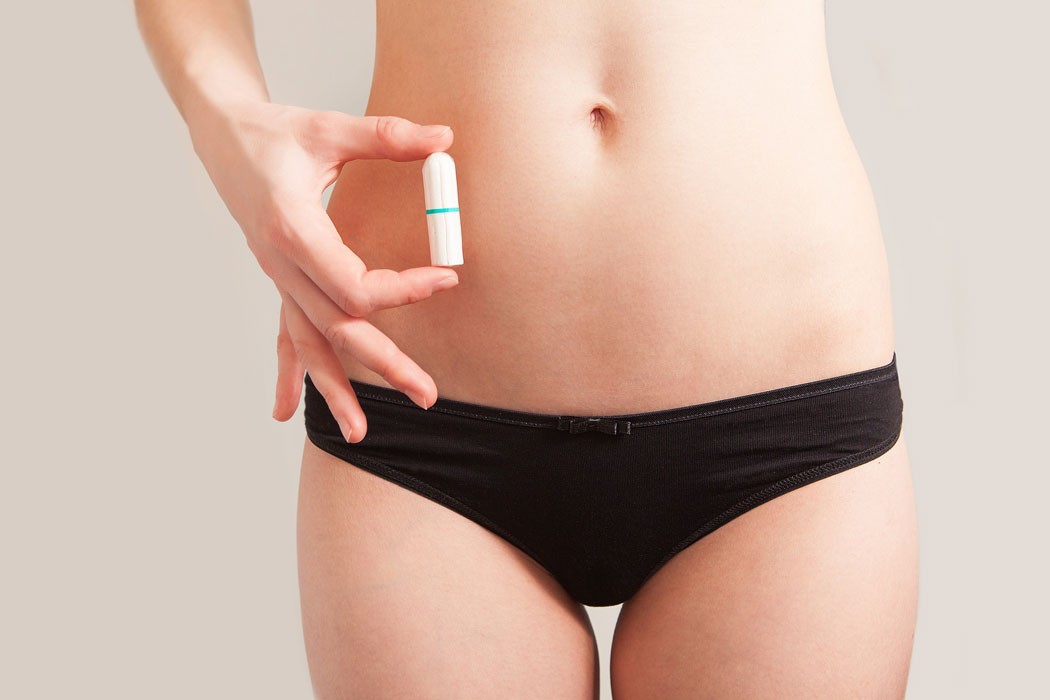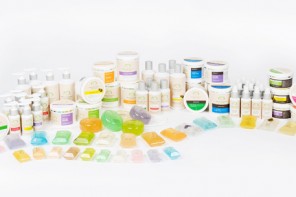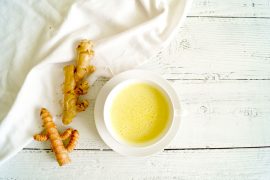An American model has sued feminine hygiene company Kotex after toxic shock syndrome (TSS) resulted in her needing a leg amputation and nearly losing her life. Toxic shock is caused by staph bacteria and has been linked to tampon use for decades.
Too Close for Comfort
This story definitely causes one to stop and wonder just how safe feminine hygiene products are. Although toxic shock is rare, it might surprise you to know that there are harmful chemicals in the hygiene products you’re using every month for days at a time.
Besides for sometimes containing fragrances which can be irritating to your genital areas, tampons and sanitary pads get their white appearance from the use of chlorine bleach which can produce dioxin, a harmful chemical that actually accumulates in your body’s fatty tissues and can lead to health issues such as endocrine disruption, a decrease in immunity, and abnormal cell growth. Even if products are not bleached, materials that are used to produce tampons and pads already contain dioxins so they’re still finding a way into your body.
They can disrupt the body’s gene expression, which is a process in which the body’s cells create proteins
Since hygiene products often make use of cotton, pesticides infiltrating the growth of cotton plants can find their way to you, too. You definitely don’t want to get intimate with pesticides! Added to this, tampons and pads contain phthalates. These chemicals give them a satin finish but their truth is ugly: they can disrupt the body’s gene expression, which is a process in which the body’s cells create proteins.
BPA in Your Tampon
You cut down your plastic use around the house but what about your tampons and pads? Research points to how one sanitary pad can contain the equivalent of four plastic bags! Chemicals such as BPA that are linked to cancer and other illnesses reside in plastic. This is especially alarming if you consider that the skin in your vaginal area is very permeable, able to let such harmful toxins into your body. Although tampons have less plastic than pads, in the U.S. alone around 7 billion tampons are thrown out every year. By switching to organic products, you definitely decrease plastic, as well as other, chemicals from harming yourself and the environment.
But What About Toxic Shock?
Do organic products reduce or eliminate the risk for getting toxic shock syndrome? They definitely decrease it because they don’t contain synthetic materials that encourage the growth of bacteria. Whether or not you have an organic tampon, though, bacteria can still find its way to you through the product so you need to follow some important guidelines to prevent bacteria from spreading.
- Avoid super-absorbent tampons. These collect higher amounts of blood, which are the perfect breeding ground for bacteria.
- Without fail, always change your tampon every four to eight hours. If you sleep longer than that amount of time, wear a sanitary pad to bed.
- Always wash your hands before and after inserting a tampon.
- Be gentle when inserting tampons as any tiny tears that form in the vaginal area can be an entryway for bacteria.
- TSS can reoccur so if you’ve ever had it you need to avoid tampon use completely.
Now that she’s suing Kotex after her tragic ordeal, Lauren Wasser’s lawyer made some excellent points: ‘Part of our job is to show the jury that it’s not about the warning on the [tampon] box – it’s about the fact that they’ve had materials available for 30 years that could make [tampons] safer, and they’ve chosen not to use them.’ We can all use Lauren’s story to make healthier, safer choices when it comes to personal hygiene.
Image credit: 201487411 / Dollar Photo Club











